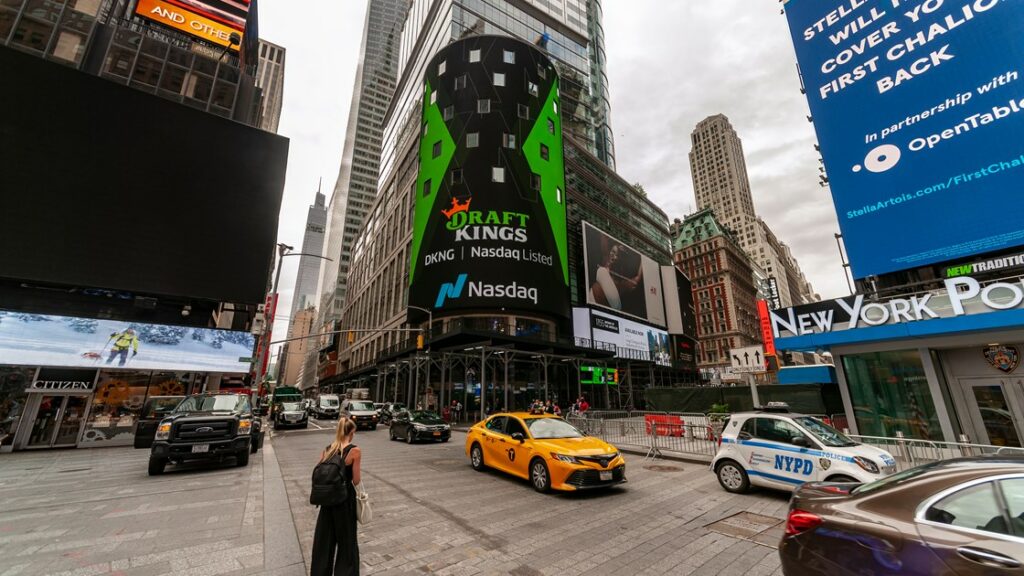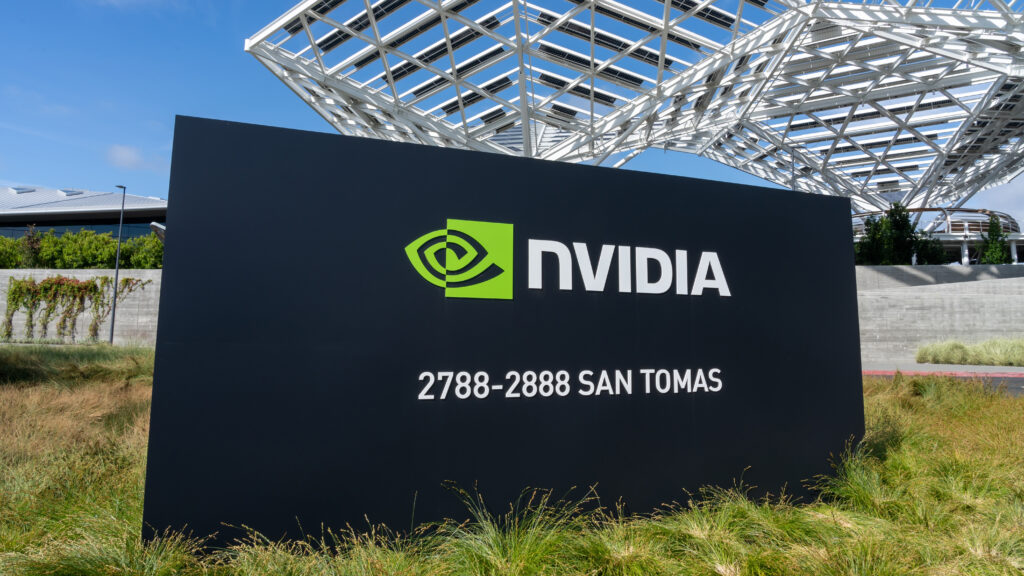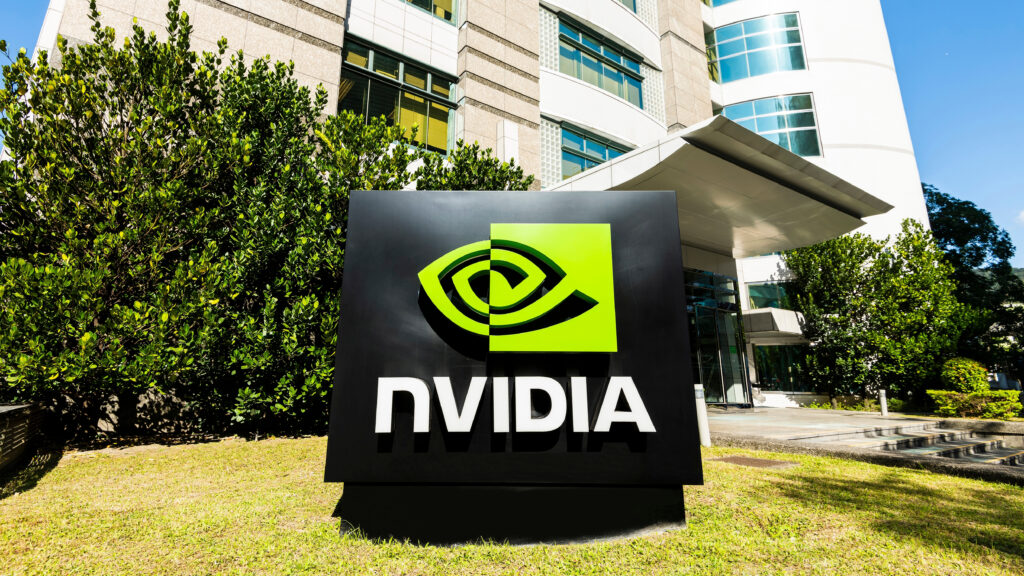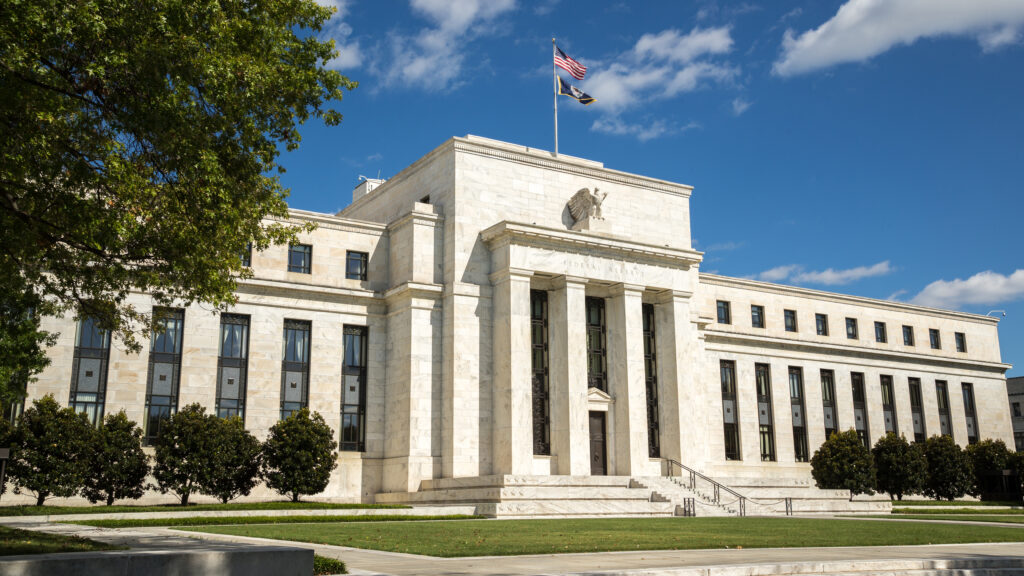Ticker Symbol: DKNG
Online sports betting app maker DraftKings Inc shares were last trading up almost 17% in the morning session as investors cheered the firm for raising its sales outlook for the rest of the year. The company also reported second-quarter results that broadly beat estimates. Shares were last changing hands at $19.05, down roughly 34% on a year-to-date basis, and lagging the Nasdaq 100 which is down roughly 19% in the same period.
The company, one of the largest players in the nascent U.S. market of sports betting, reported an adjusted loss per share of 29 cents versus the consensus estimate of a loss of 88 cents. Revenue also beat Wall Street expectations of $435 million, rising 6.3% year over year to $466 million. The average revenue per monthly payer rose by 30% year over year to $103, also well ahead of the expected $86. On a down note, however, the company reported monthly unique payers of 1.5 million, 30% above the 2021 figure, but below the estimated 1.7 million.
For the full fiscal year, DraftKings said it expects revenue to be between $2.08 billion and $2.18 billion, higher at the midpoint than the $2.12 billion it saw previously, and higher than the $2.1 billion analysts forecasted. The company likewise sees the adjusted loss before interest, taxes, depreciation, and amortization to be between $765 million to $835 million. It previously guided the loss to be higher at between $810 to $910 million. Wall Street expected the loss to be $874 million.
The updated guidance on the revenue implies that DraftKings could grow its revenue by almost 68% in 2022. Chief Executive Officer Jason Robins also said in the earnings report that “customer engagement remains strong, and we continue to see no perceivable impact from broader macroeconomic pressures.” The increased guidance from the company was also reflective of its May acquisition of Golden Nugget Online Gaming as well as its expansion in new markets such as Canada.
DraftKings has been locked in competition over the new online sports betting market in the U.S. with companies such as BetMGM, FanDuel, Penn National Gaming, Caesars Sportsbook, and Bet365. Collectively, these companies have lost billions over the past two years as they spend heavily on brand building, engage in promotions to lure bettors from competitors, and improve their technology. Investor sentiment for the sector has been negative lately as most customers first cut discretionary spending on entertainment and betting during recessions.
This content is provided for general information purposes only and is not to be taken as investment advice nor as a recommendation for any security, investment strategy or investment account.






